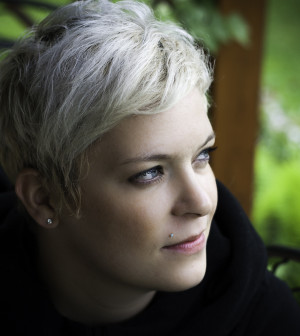- Could Your Grocery Store Meat Be Causing Recurring UTIs?
- Are You Making This Expensive Thermostat Error This Winter?
- Recognizing the Signs of Hypothyroidism
- 10 Strategies to Overcome Insomnia
- Could Artificial Sweeteners Be Aging the Brain Faster?
- Techniques for Soothing Your Nervous System
- Does the Water in Your House Smell Funny? Here’s Why
- Can a Daily Dose of Apple Cider Vinegar Actually Aid Weight Loss?
- 6 Health Beverages That Can Actually Spike Your Blood Sugar
- Treatment Options for Social Anxiety Disorder
Who’s Most Likely to Seek Infertility Help

Nearly half of people with infertility problems don’t seek treatment, according to a new British study.
“One of the important and concerning findings in our study is the difference in educational attainment and job status between people who sought help for infertility and those who did not,” said study leader Jessica Datta. She is a lecturer at the London School of Hygiene & Tropical Medicine in London.
Datta’s team surveyed 15,000 adults in Britain. The investigators found that one in eight women and one in 10 men had experienced infertility, but nearly 43 percent of those women and nearly 47 percent of those men didn’t seek medical help for the problem.
Infertility was defined as unsuccessfully trying to become pregnant for a year or longer.
Those with infertility who did seek help were more likely to be better educated, have higher incomes and to be older, according to the study. The results were published online June 30 in the journal Human Reproduction.
“We were surprised that almost half of the people in our study who had experienced infertility had not sought help,” Datta said in a journal news release.
Unlike most studies of infertility that tend to recruit participants from medical practices, this population-based study “provides a rare insight” into people who don’t seek medical assistance after trying and failing to conceive, she explained.
“The existence of inequalities in access to health care is well established, but this is one of few analyses to explore uptake of services for infertility,” Datta said.
The researchers believe similar results could be found in other countries. In the United States, about 6 percent of married women are unable to conceive after a year of trying, according to the U.S. Centers for Disease Control and Prevention.
More information
The U.S. Centers for Disease Control and Prevention has more on infertility.
Source: HealthDay
Copyright © 2026 HealthDay. All rights reserved.










